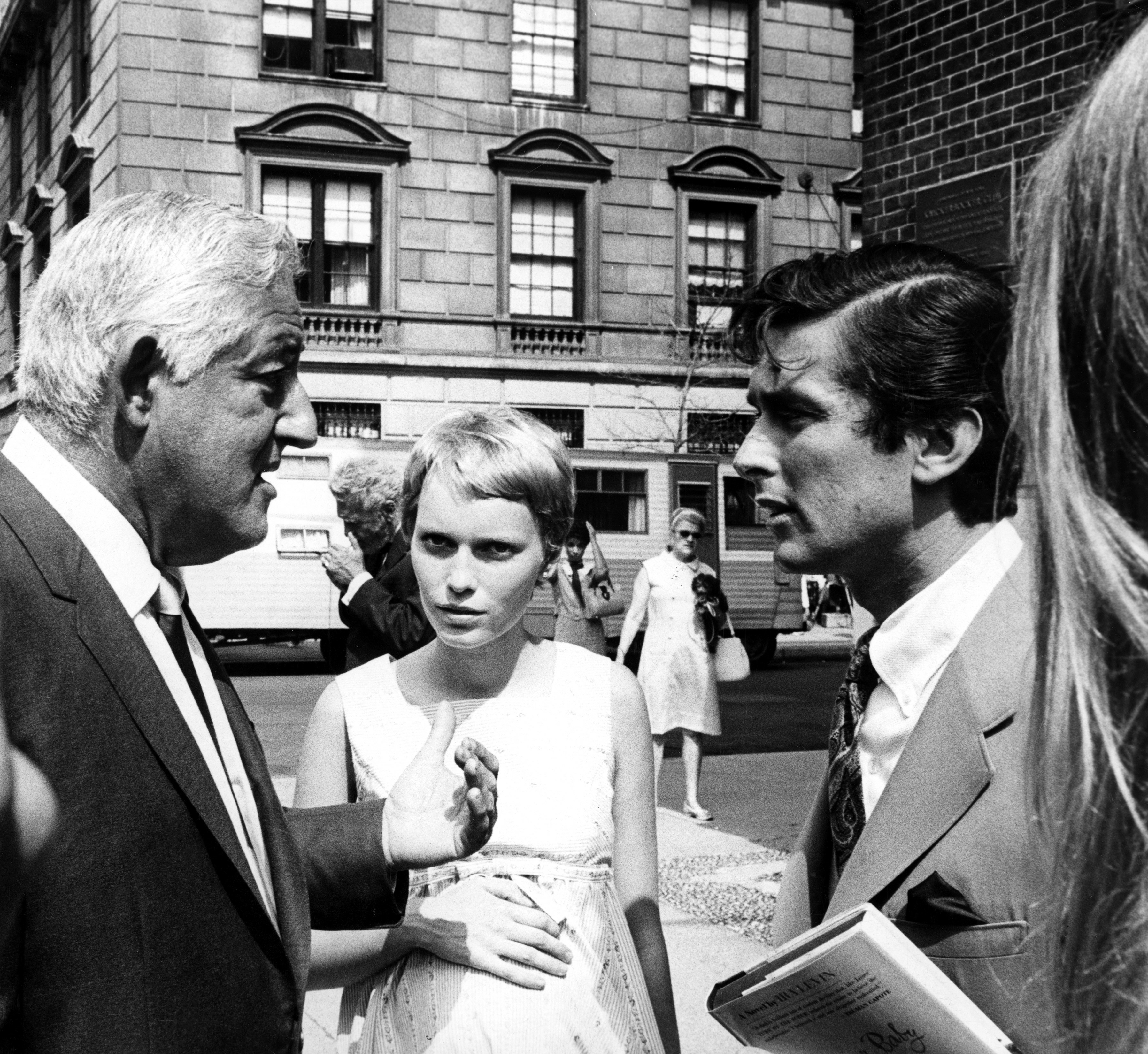ROBERT SIEGEL, HOST:
Senators are leaving Washington for a week-long recess, but negotiations over a repeal of the Affordable Care Act continue. The attempts to bring more Republican lawmakers onboard include boosting funding to address the opioid crisis and scaling back some of the tax cuts in the latest version of the bill. As all this happens, Democrats are trying to ramp up pressure against the repeal effort. NPR’s Scott Detrow has more.
SCOTT DETROW, BYLINE: When Senate Republican leaders delayed the vote on the Obamacare repeal, Senate Minority Leader Chuck Schumer was quick to not declare victory.
(SOUNDBITE OF ARCHIVED RECORDING)
CHUCK SCHUMER: We’re not resting on any laurels, nor do we feel any sense yet of accomplishment other than we are making progress because the American people are listening to our arguments.
DETROW: Because this bill will pass or fail based on Republican votes, arguing is the most Democrats can do. Perhaps that’s enough.
MEAGHAN SMITH: Health care in general is a complicated policy, but for people to understand what this bill will do to them has been pretty simple.
DETROW: Meaghan Smith is a strategist at PR firm SKDKnickerbocker. She’s helping coordinate messaging for a number of progressive groups trying to block the health care repeal. Smith says activists are focusing on big-picture ideas like that the Republican bill would increase health care costs for many people.
SMITH: You pay increased premiums, or your out-of-pocket health care costs go up dramatically.
DETROW: As outside groups do that, Schumer and other senators are trying as best as they can to bring their arguments down to a scale people can relate to. At an event this week, every Democrat held up a big poster of a constituent facing a health care challenge.
(SOUNDBITE OF ARCHIVED RECORDING)
SCHUMER: And we ask you – those of you from local papers and outlets – to talk to your senators about the person that they are holding up.
DETROW: As the debate has gone on, Democratic lawmakers keep returning to one main attack point. Here’s New Jersey Senator Cory Booker.
(SOUNDBITE OF ARCHIVED RECORDING)
CORY BOOKER: Massive tax cuts for the wealthiest Americans – and to pay for that, we’re taking away health care for millions and millions of Americans. It’s just – it’s as plain as that.
DETROW: Booker orchestrated one of the Democrats’ more viral moments on Monday. He sat down on the Capitol steps with Georgia Congressman John Lewis…
(SOUNDBITE OF ARCHIVED RECORDING)
BOOKER: Let’s take a seat.
JOHN LEWIS: Take a seat?
BOOKER: Yeah. Why don’t we take a seat up here on the on the top here? And it’s a beautiful day.
DETROW: …And began talking about the health care repeal. Other lawmakers joined in, and soon a crowd did, too.
(SOUNDBITE OF ARCHIVED RECORDING)
UNIDENTIFIED WOMAN: What do we want?
UNIDENTIFIED CROWD: Health care.
UNIDENTIFIED WOMAN: When do we want it?
UNIDENTIFIED CROWD: Now.
UNIDENTIFIED WOMAN: What do we want?
DETROW: In the end, the livestream lasted about three and a half hours. That was followed up by another large Capitol rally, this one organized by Planned Parenthood and other groups. The big question is whether any of this matters. The bill has come this far despite low public opinion numbers. And the bill’s fate comes down to a dozen or so Republican senators. That’s why efforts by people like Stephanie Powell may be more important. Powell lives in Anchorage, Ala. And every morning at around 8 a.m., she calls Senator Lisa Murkowski’s office.
STEPHANIE POWELL: I call her Anchorage office, Juneau office, Fairbanks office, her Washington office. I usually try to call the local number so they know I’m from here.
DETROW: Powell says she voted for Murkowski, one of several key swing votes in the Senate. Powell says her family uses Medicaid. She tells staffers that on the rare moments her calls actually go through.
POWELL: They know more about my health history than maybe my own mother (laughter) at this point because I’ve been very upfront with them on what this means to us.
DETROW: This gets at what’s probably Democrats’ best weapon and something Republicans successfully tapped into for several elections in a row. It’s not hard to oppose a complicated legislative effort by focusing on how it could disrupt voters’ lives. Scott Detrow, NPR News.
(SOUNDBITE OF RUBBLEBUCKET SONG, “MY LIFE”)
Copyright © 2017 NPR. All rights reserved. Visit our website terms of use and permissions pages at www.npr.org for further information.
NPR transcripts are created on a rush deadline by Verb8tm, Inc., an NPR contractor, and produced using a proprietary transcription process developed with NPR. This text may not be in its final form and may be updated or revised in the future. Accuracy and availability may vary. The authoritative record of NPR’s programming is the audio record.



